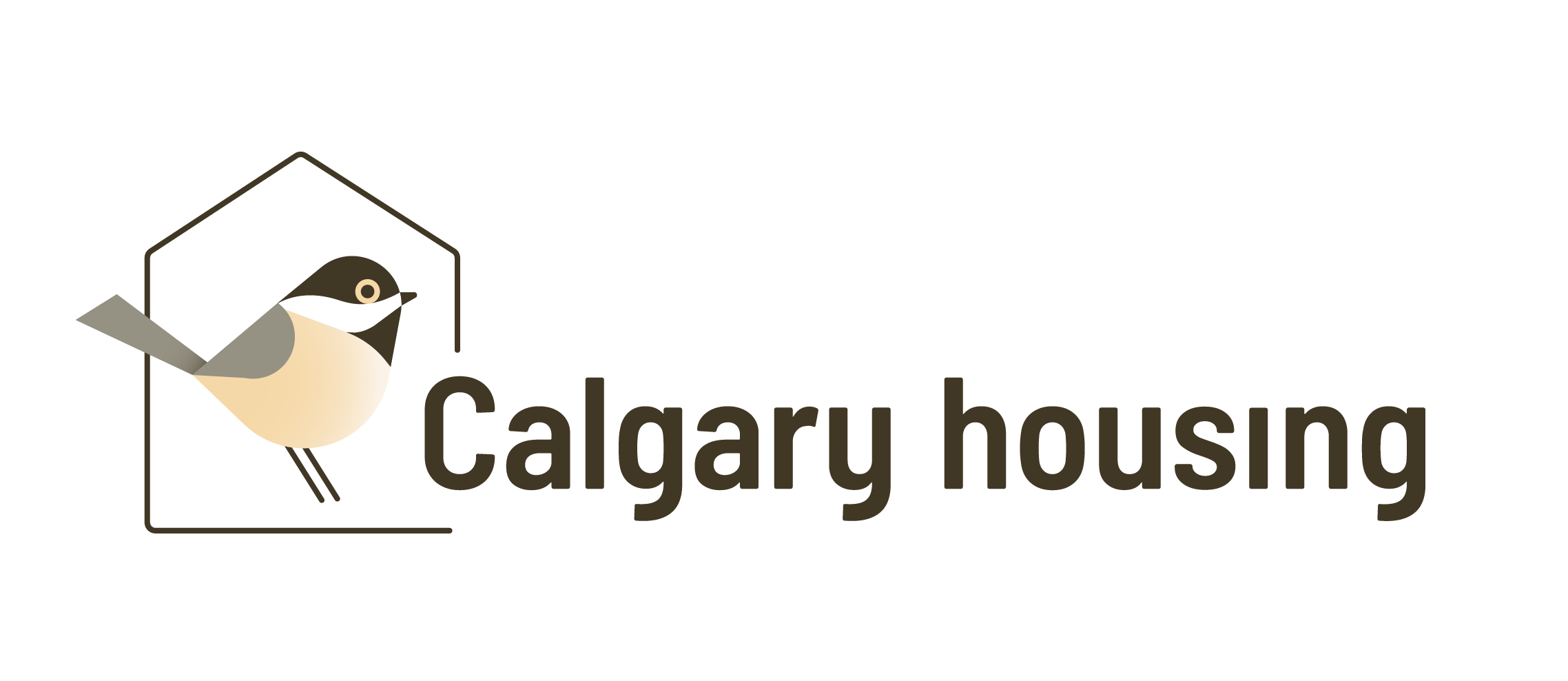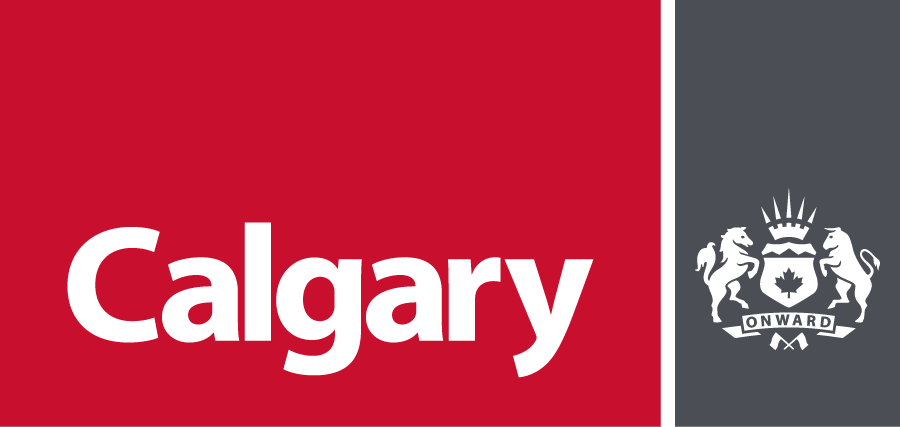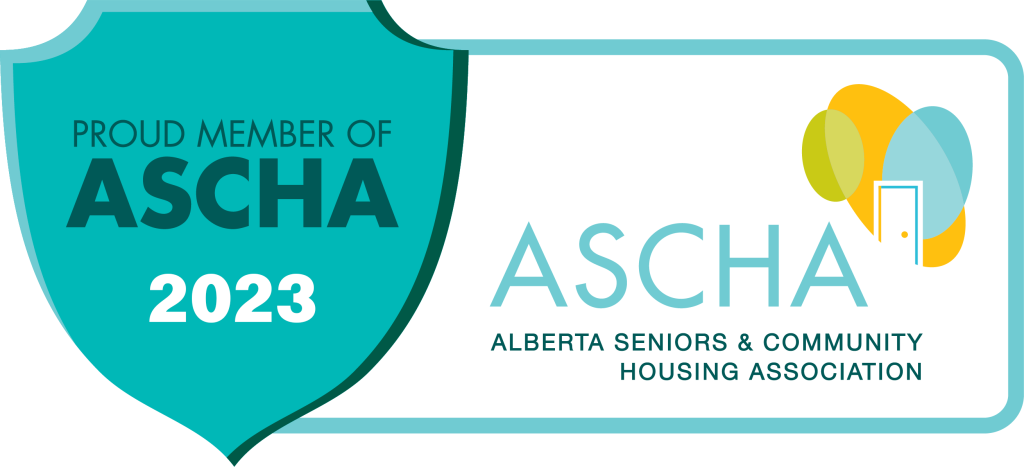Poor Air Quality in Calgary
As per Environment Canada on Friday July 23, 2021, wildfire smoke is causing poor air quality and reduced visibility.
Poor air quality due to wildfire smoke can fluctuate over short distances and can vary considerably from hour to hour.
- Individuals may experience symptoms such as increased coughing, throat irritation, headaches or shortness of breath. Children, seniors, and those with cardiovascular or lung disease, such as asthma, are especially at risk.
- People with lung diseases, such as asthma and COPD, can be particularly sensitive to air pollution. They will generally experience more serious health effects at lower levels. Pollution can aggravate their diseases, leading to increased medication use, doctor and emergency room visits, and hospital visits.
Be air aware! Check your local weather forecasts and alerts so you know when to take extra care.
- If you or those in your care are exposed to wildfire smoke, consider taking extra precautions to reduce your exposure.
- Wildfire smoke is a constantly-changing mixture of particles and gasses which includes many chemicals that can harm your health.
- For more details, please consult www.canada.ca/en/environment-climate-change/services/air-quality-health-index/wildfire-smoke.html.
If you have any questions or concerns, please contact your Property Manager or Tenant Liaison for assistance, and keep an eye on Calgary’s Air Quality Index online (https://weather.gc.ca/airquality/pages/abaq-002_e.html)
Who is considered at Risk?
- People with existing respiratory or cardiovascular conditions (such as asthma, chronic obstructive pulmonary disease (COPD), which includes chronic bronchitis and emphysema, or lung cancer. Cardiovascular conditions include angina, previous heart attack, stroke, congestive heart failure, or heart rhythm problems (arrhythmia or irregular heartbeat).
- Young children and seniors
- Those active outdoors
- Pregnant women
Symptoms to watch out for
People who are otherwise healthy may have the following symptoms:
- irritated eyes
- increased mucus production in the nose or throat
- coughing
- difficulty breathing especially during exercise
More serious consequences include:
- breathing difficulties, including asthma attacks
- chest pains
- heart palpitations
- heart attacks
If any of these serious consequences occur, visit an emergency room or call 9-1-1.
Precautions you can take
Be sure to keep an eye on yourself, your family and your neighbours, and take precautions to keep yourself safe throughout the day.
- Limit outdoor activity and strenuous physical activities as much as possible. If you have difficulty breathing, reduce your activities or stop altogether. Try to stay indoors as much as possible.
- At home: stay indoors with the windows closed. Turn off your furnace and air conditioner as it may draw smoke indoors. Keep indoor air cleaner by avoiding smoking or burning other materials.
- In a vehicle: keep the windows closed and set the ventilation system to recirculate.
- Care for others: Watch out for others in your care who may be more vulnerable to smoke.
- Leave the area: If you are able to, make arrangements to move to a location with cleaner air.
- Consult your physician or local health authority for additional advice.
- Those at higher risk should begin to take precautions before the smoke becomes heavy.
People with existing illnesses may have the following specific symptoms:
- People with asthma or COPD may notice an increase in cough, wheezing, shortness of breath or phlegm.
- People with heart failure may experience increased shortness of breath or swelling in the ankles and feet.
- People with heart rhythm problems may notice increased fluttering in the chest and feeling light-headed.
- People with angina or coronary artery disease may have an increase in chest or arm pain.
If any serious consequences occur, visit an emergency room or call 9-1-1.





